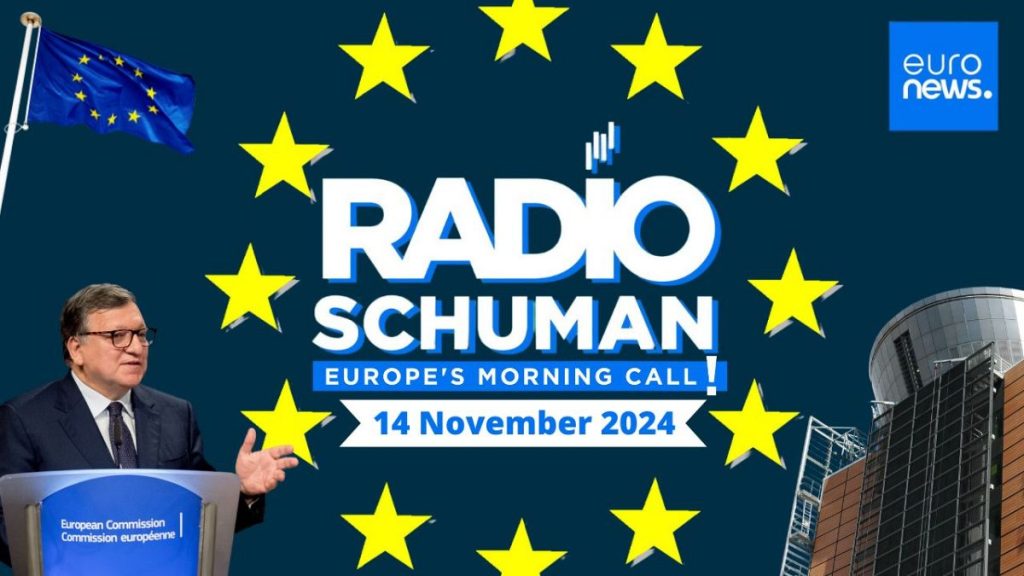In a recent interview with Euronews, former European Commission President Jose Manuel Barroso discussed various political issues including Putin, Trump, Crimea, and EU treaties. Barroso emphasized that Crimea has always been a “special case”, but he believes that the EU is now better prepared in the event that US President-elect Donald Trump withdraws the US from Ukraine. During his tenure as European Commission President from 2004 to 2014, Barroso oversaw the admission of Romania and Bulgaria into the EU, as well as Russia’s illegal annexation of Crimea from Ukraine. Despite challenges to the rule of law in Europe, Barroso cautioned against solving political problems with institutional tools such as treaty changes.
Barroso shared insights from a conversation he had with Russian President Vladimir Putin, in which he expressed his view that Ukraine was an “artificial country” created by the CIA and the European Commission. Barroso also revealed the frequency of his meetings with Putin during his time in office. Additionally, the interview covered the European Parliament’s vote on a deforestation law, exploring the possibility of MEPs changing the deadline for implementation and some aspects of the legislation as proposed by the center-right. The discussion on potential changes to the legislation highlighted ongoing debates within the European Parliament on environmental policies.
The radio show also delved into the impact of climate change on famous national dishes, some of which are at risk of disappearing due to changing environmental conditions. Hosted and produced by Maïa de la Baume, Radio Schuman featured journalist and production assistant Eleonora Vasques, along with audio editing by Zacharia Vigneron and Georgios Leivaditis. The show’s music was composed by Alexandre Jas. This segment of the show reflects a growing concern about the effects of climate change on cultural heritage, including traditional foods that may be endangered by shifting ecological patterns.
Barroso’s interview with Euronews highlighted his perspectives on key geopolitical issues, including the relationship between the EU and Russia, as well as potential shifts in US foreign policy under a new administration. His comments on Crimea and Ukraine underscored the complexities of international relations in the region, particularly in light of Russia’s annexation of Crimea. In discussing the European Parliament’s decision-making process on environmental legislation, the interview shed light on the inner workings of EU policymaking and the debates that shape legislative outcomes.
Overall, Barroso’s insights offered a nuanced perspective on current political challenges facing the EU, from relations with Russia to environmental policymaking. His caution against hasty treaty changes as a means of addressing political problems reflects a commitment to upholding the EU’s core principles while adapting to evolving geopolitical realities. The radio show’s coverage of the European Parliament’s vote on deforestation legislation and the potential impact of climate change on traditional foods added depth to the discussion, highlighting the intersection of environmental issues, cultural heritage, and policymaking within the EU.


